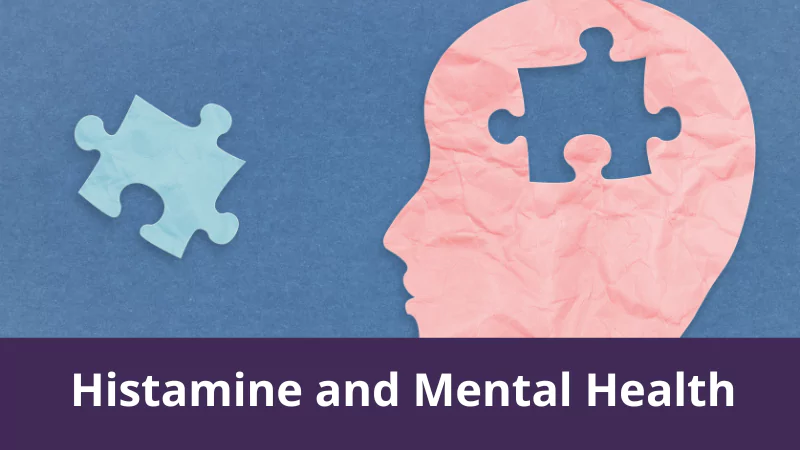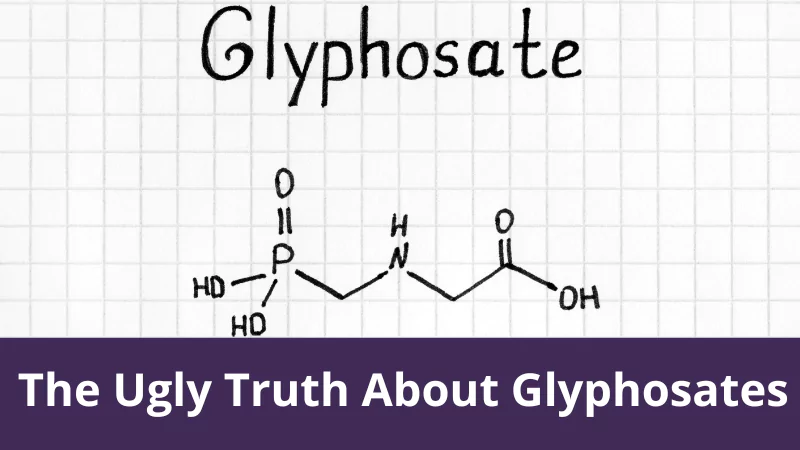What is Alzheimer’s Disease?
Alzheimer’s Disease is the most common form of dementia, and accounts for around two-thirds of dementia cases. It causes a gradual decline in cognitive abilities, usually beginning with memory loss.
Other symptoms can include:
- lapses of judgment
- personality changes
- difficulty performing usual activities
- getting lost
- becoming disoriented about places and times
- reduced language skills
- delusions
- becoming short-tempered and hostile
- apathy
- depression
- anxiety
Alzheimer’s disease is characterised by two abnormalities in the brain – amyloid plaques and neurofibrillary tangles. Amyloid plaques are abnormal clumps of a protein called beta-amyloid. Neurofibrillary tangles are bundles of twisted filaments made up of a protein called tau. Plaques and tangles stop communication between nerve cells and cause them to die.
Research
1. Elhawary et al (2013) examined the relationship between the MTHFR 677TT mutation and Alzheimer’s Disease. The frequency of the T allele was found to be 3 times higher in AD patients when compared to controls, with the most severe cases of AD found in patients carrying the 677TT mutation. The authors hypothesized the presence of the T allele could be independent of homocysteine, cholesterol or vitamin B12.
2. This review article by Rozycka et al (2014) discusses the harmful effects elevated homocysteine (Hcy) levels can play on diseases affecting brain function such as Alzheimer’s and Parkinson’s Disease. This is due to evidence demonstrating High Hcy to have a toxic effect upon the brain, contributing to degeneration of brain tissue through oxidative damage, cell death, calcium accumulation and excessive stimulation.
High Hcy can in part reflect nutritional deficiencies involved in the methylation pathway, being B12, folate and B6. Genetic polymorphisms involved in folate metabolism (such as MTHFR C677T & A1298C) have be found to be generally increased in patients with Parkinson’s Disease, as well as reduced concentrations of B vitamins. Increased levels of Hcy in Parkinson’s disease could potentially lead to dementia, depression and progression of the disease.
While this article highlights the effect of homocysteine on brain function, it also highlights the importance of sufficient nutrition to allow our methylation cycles to function sufficiently. This ensures our brain tissue is not damaged by high homocysteine.








